Feeling the pressure of high energy costs, the Turkish steel industry is now facing the stress created by India. After India abolished the tax on exports of steel products, there was a concern that they might make an aggressive entry into the Turkish market. Turkey imports a significant amount of flat products from India. It is also stated that the competition between the two countries in other markets may increase.
Turkey's steel production decreased by 17.8 percent in October compared to the same period of the previous year, to 2.9 million tons, as energy prices increased and recession concerns in Turkey's target markets undermined demand. The share of energy in the total cost of the Turkish steel industry has increased from 7 percent to 27 percent. At a time when cost increase hinders production, the decision under India makes the producer even more anxious. India's low prices are a nuisance Warning that the Indian government's decision to lift export duties on steel products may put pressure on Turkish mills' steel prices as India is one of Turkey's largest flat steel suppliers and also a competitor in its main export markets.
Flat product imports decreased to 43 thousand tons.
After the taxes imposed by India in May, Turkey's imports from this country decreased significantly. According to the data of the Turkish Statistical Institute, hot rolled coil imports from India had reached 495 thousand tons in the first half of 2022 with an annual increase of 150 percent, but decreased to 43 thousand tons in the third quarter of the year due to the taxes.
However, it is warned that after the removal of the taxes, shipments from this country may see an increase in the following months of the year, which may increase competition and pressure on prices. According to S&P Global, the price of Turkish origin HRC dropped to $635, 10 days earlier from the year-long high of $1,200/ton reached in mid-March.
Asia's steel overcapacity poses risk
The problem of overcapacity in the ASEAN region, which has been discussed since 2019 at the Southeast Asian Iron and Steel Institute (SEAISI) conference held in Malaysia, was one of the most important issues discussed. It is stated that the new capacity expansion projects announced in the ASEAN region will require an annual crude steel production capacity of 92 million tons, of which 0.8 million tons will be produced by integrated facilities with blast furnaces and 2.2 million tons by electric arc furnaces. Considering that the current capacity in the region is 72 million tons, it is noted that these figures are alarming.


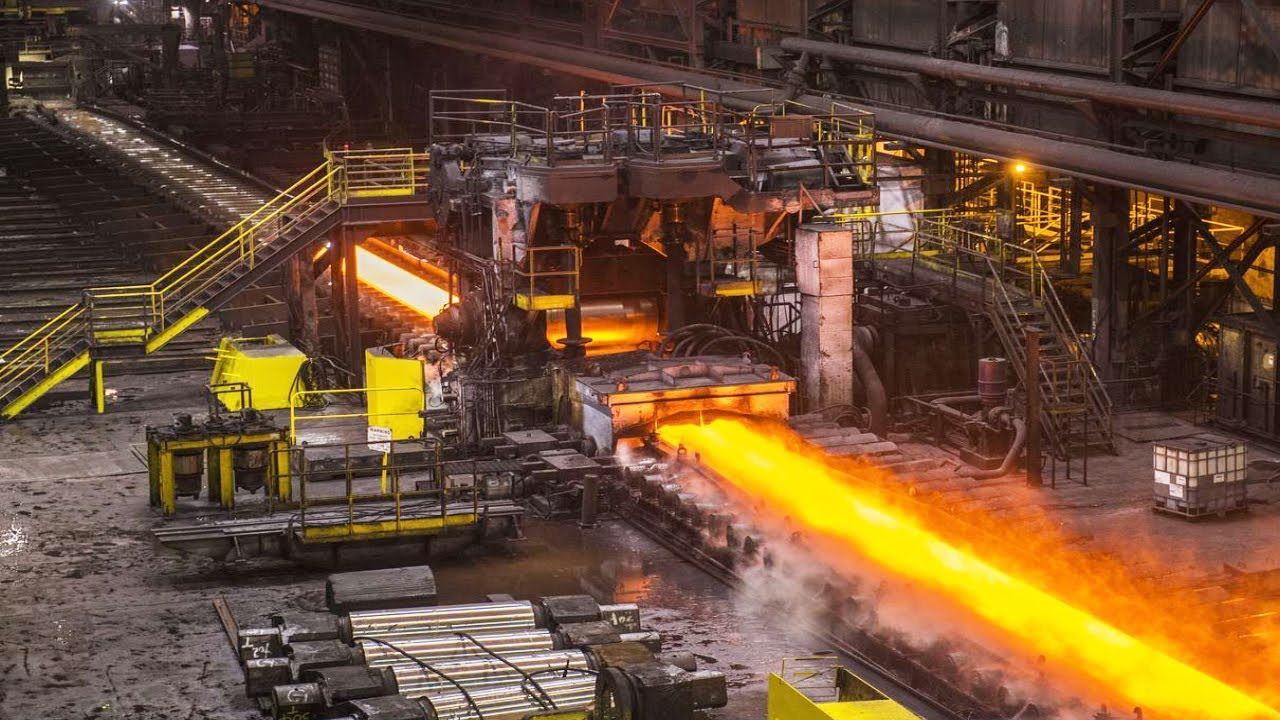

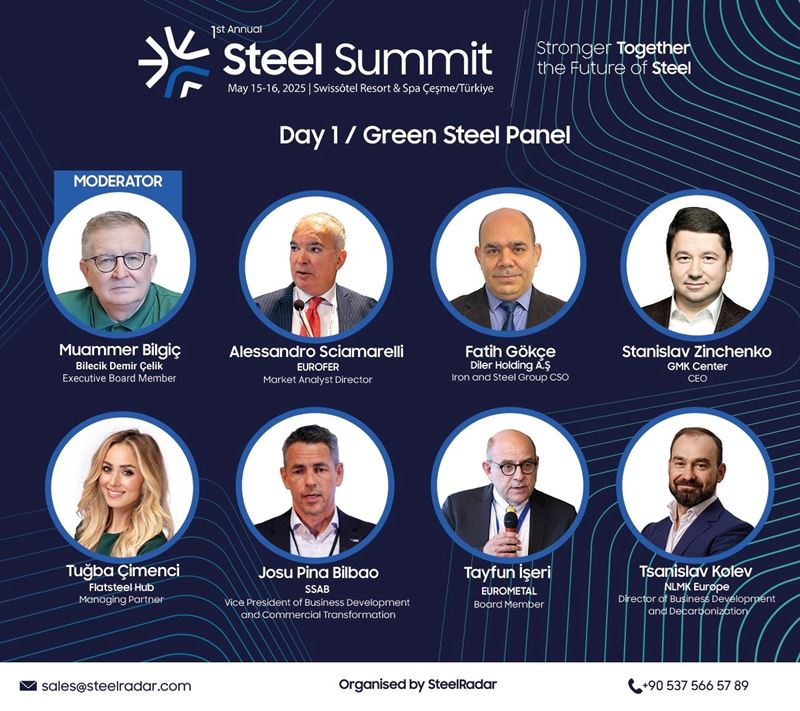
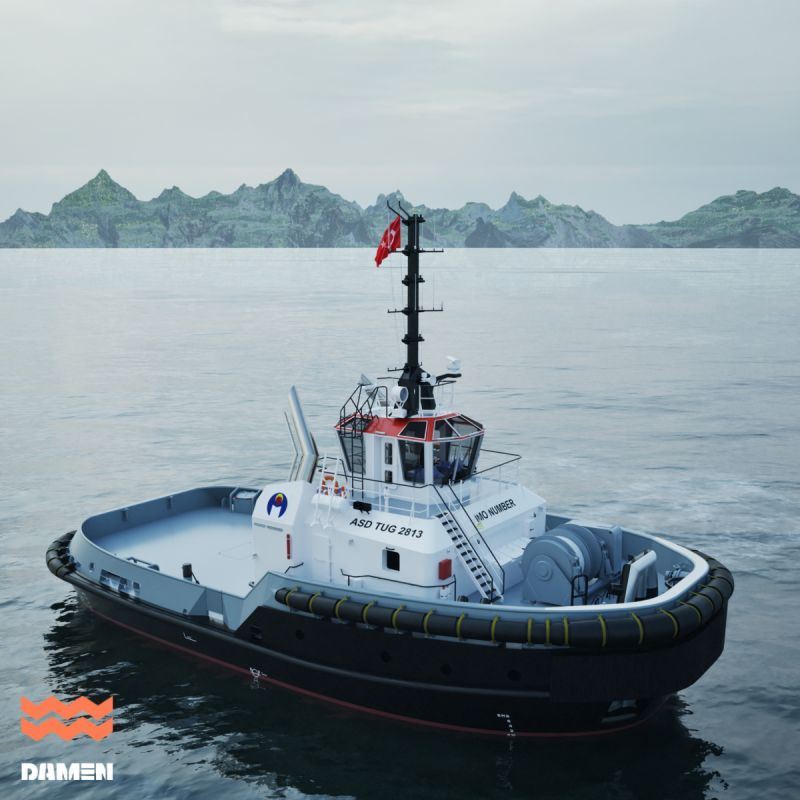

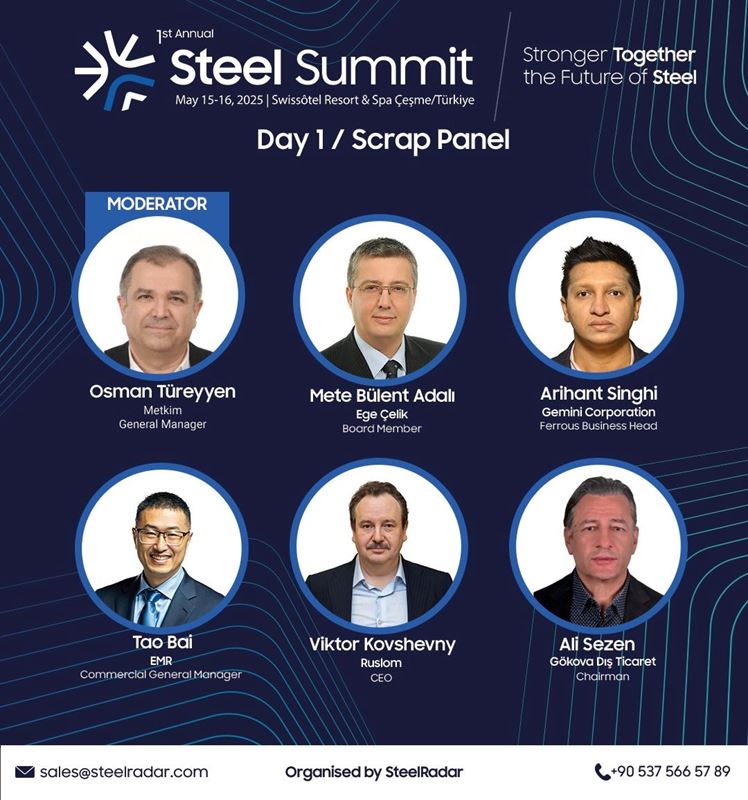
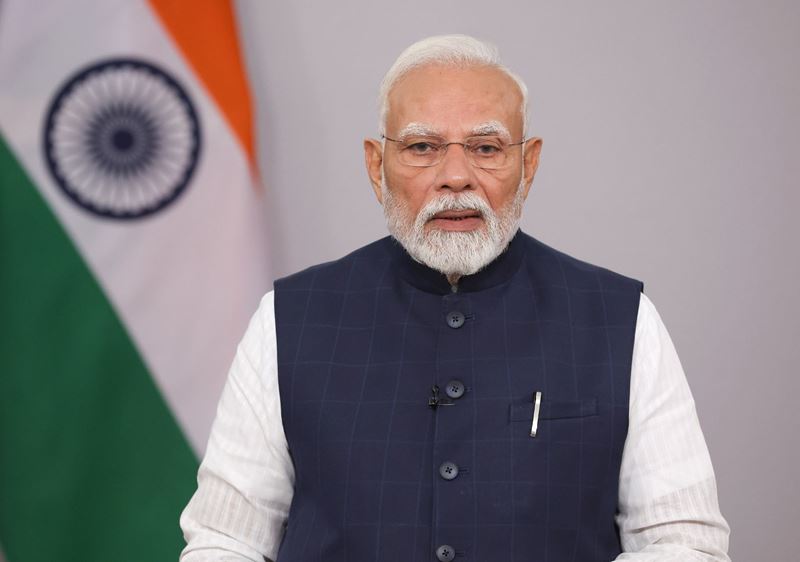


Comments
No comment yet.